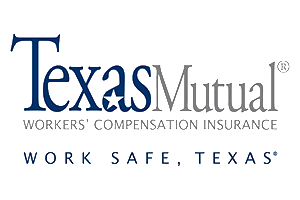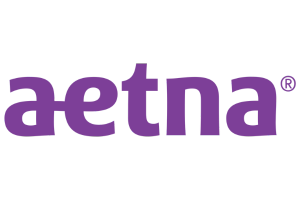1099 Contractor Regulations: 2024 Business Guide

What You Need to Know
Starting March 11, 2024, the Department of Labor alongside the IRS are set to enforce stricter regulations to improve the misclassification of employees as contractors. This move, aimed at ensuring fair labor practices and compliance, brings with it a need for businesses to look into their own labor classifications and understand the impact of these changes.
The Economic Reality Test
Central to the new regulations is the introduction of the Economic Reality Test. This assessment tool is designed to determine the relationship between workers and employers, focusing on the degree of economic dependence.
The test includes six critical factors that collectively determine the nature of this relationship, thereby classifying an individual as either an employee or an independent contractor under the Fair Labor Standards Act. A thorough understanding of this test is vital for organizations to navigate the complexities of labor classification accurately.
Investment as a Classification Criterion
Another key aspect of the new regulations is the emphasis on the worker’s investment in their tools and business operations. This criterion goes beyond job-specific tools, examining whether the worker’s investment is substantial enough to indicate a business operation. This distinction is crucial in determining an independent contractor’s status, underscoring the importance of evaluating the nature and scale of investment made by the worker.
The expected length and exclusivity of the work relationship are also significant in the classification process. Short-term, non-exclusive engagements typically suggest an independent contractor status, whereas long-term, exclusive relationships may point towards an employment scenario. This distinction highlights the need for clear contractual agreements that define the scope and duration of work engagements.
Assessing the Degree of Control
The degree of control exercised by an employer over a worker’s schedule, duties, and work conditions is a determining factor in classification. Independent contractors usually enjoy a high degree of autonomy in how they complete their tasks, whereas employees are subject to more direct oversight and control by the employer. Understanding and documenting the level of control in each working relationship is crucial for compliance.


Core Business Activities
The extent to which a worker’s tasks are integrated into a company’s core business operations is another critical consideration. Workers who perform essential functions that are central to the business are more likely to be classified as employees. This factor requires businesses to carefully assess the role of each worker within the organizational structure and the significance of their contributions to core operations.
The Path to Compliance
For HR and benefits professionals, adapting to these new guidelines is important to avoid the significant fines associated with non-compliance.
The introduction of these stricter rules necessitates a proactive approach to worker classification, emphasizing thorough documentation and legal adherence. Organizations must be diligent in their classification processes, ensuring that each worker is accurately categorized according to the new criteria.
Embracing these regulatory changes is not merely about avoiding penalties; it represents an opportunity to reinforce fair labor practices, transparency, and integrity within the workplace. By proactively addressing these classification challenges, organizations can foster a more compliant, equitable, and resilient business environment.
For further assistance or to delve deeper into these topics, do not hesitate to reach out. Together, we can navigate these changes, ensuring that our labor practices reflect our commitment to fairness and compliance.
Tower Street Insurance Connects You with the Best Insurance Program for Your Specific Needs
Our agents here at Tower Street Insurance can assess your current coverage for all of your loss control, personal insurance, and business insurance needs.
We would love to set up a meeting to go over your coverage with you and provide you with a coverage gap analysis completely free of charge! Reach out to us today to schedule a meeting and get a quote today.

YOU MAY ALSO LIKE…
OSHA 300 Posting Deadline
What Employers Need to Do NowOSHA recordkeeping...
Best Practices for Data Protection
Best Practices for Data ProtectionOctober marks...
Is Your Landscaping Business Covered for the Summer?
A Strategic Guide to the Insurance, Risk Gaps,...
Tower Street Insurance By The Numbers
Carriers
Collective Years of Experience
Written Policies
%
Retention Rate

- 5001 Spring Valley Rd 500W Dallas, TX, 75244
- PO Box 803506
- admin@towerstreetinsurance.com
- admin@towerstreetinsurance.com
- 469-788-8888
- View Service Areas
Privacy Policy
Site Map



































































